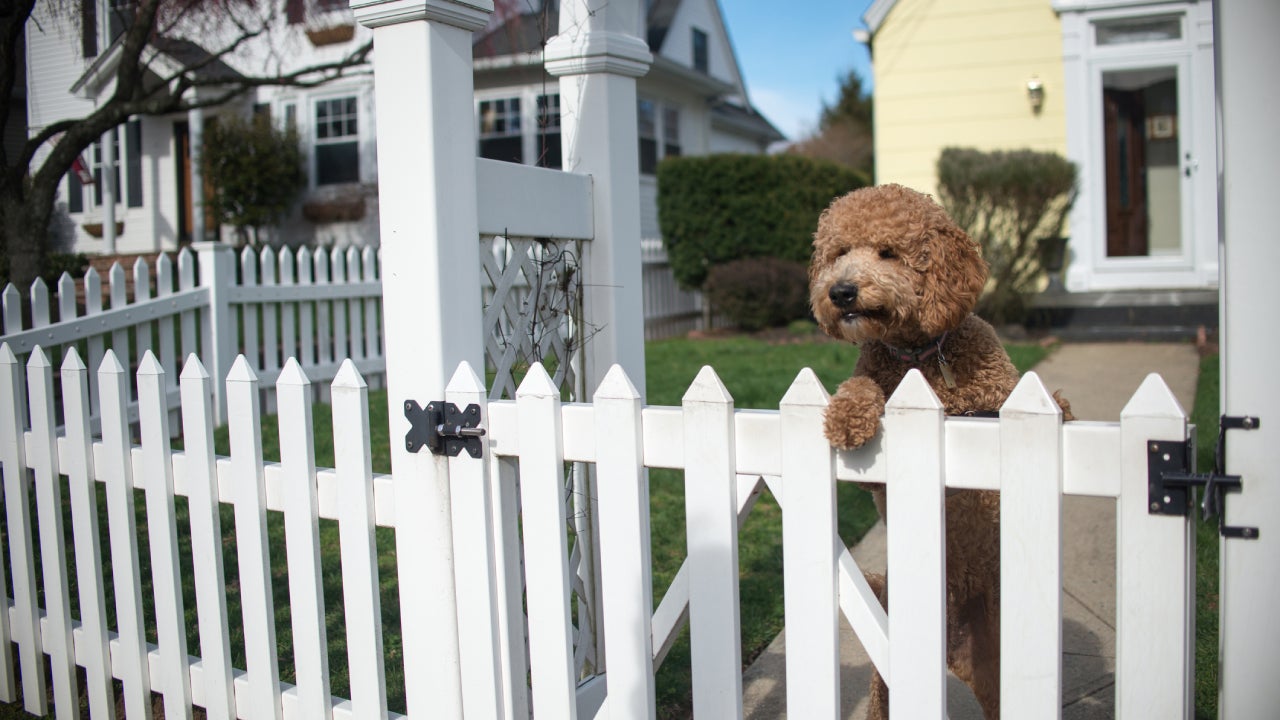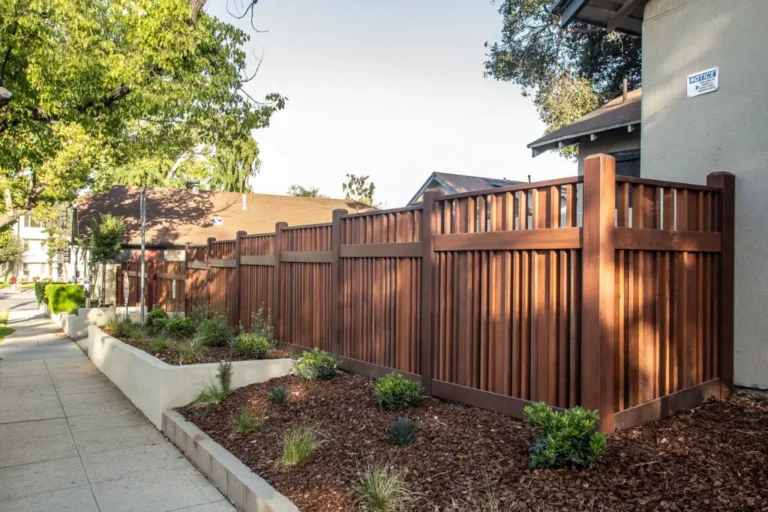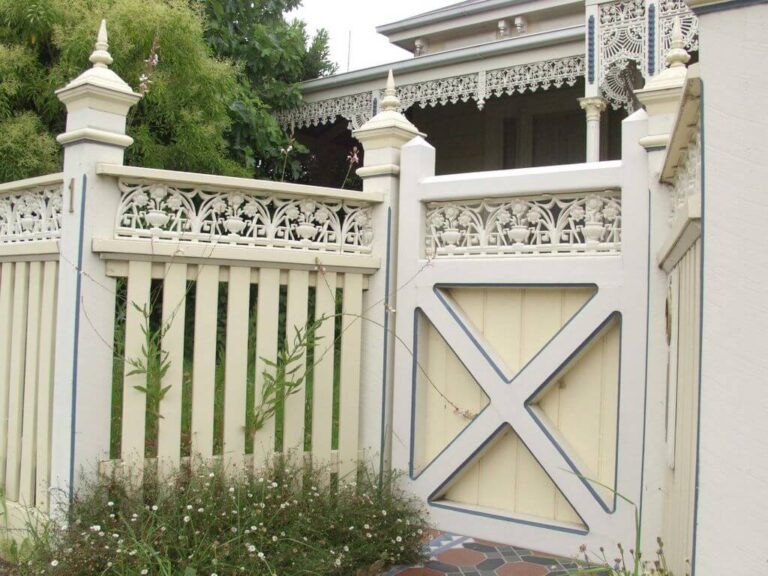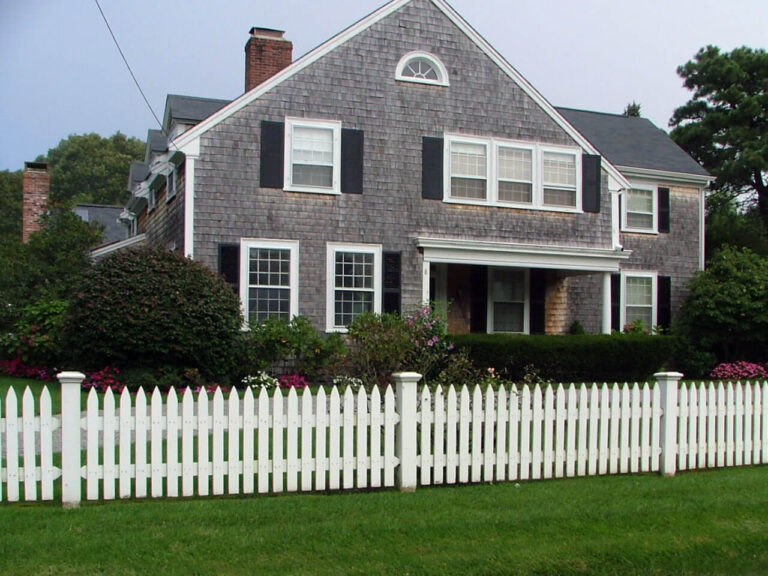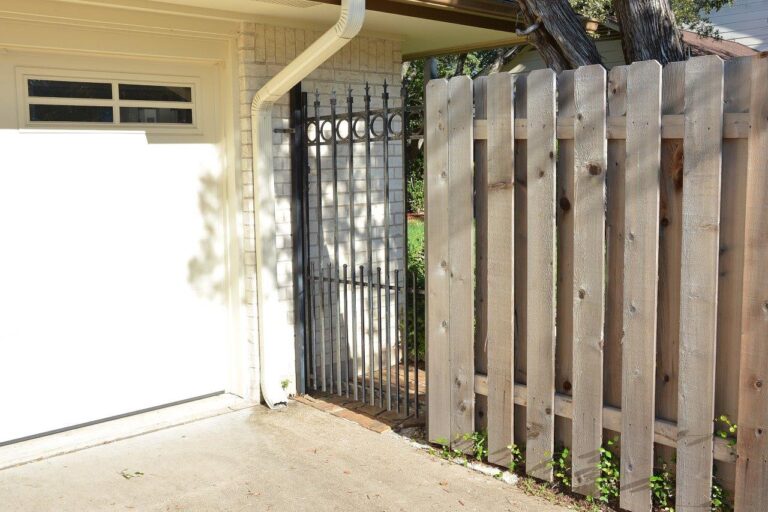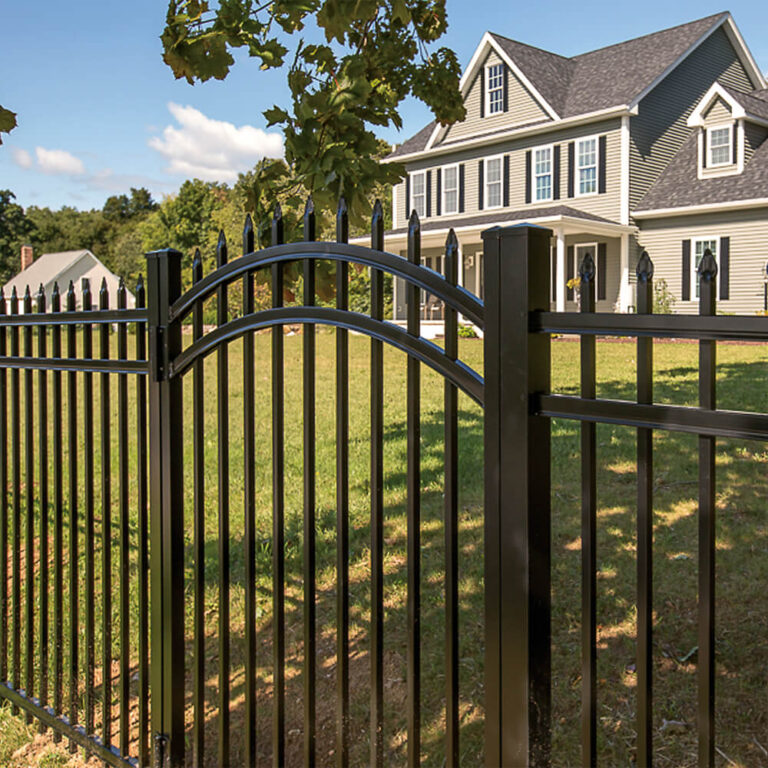Fencing plays a crucial role in home insurance as it serves as a protective measure for the property, potentially reducing the risk of theft or damage. When assessing home insurance coverage, the presence and quality of fencing is a key factor.
A secure and well-maintained fence can lower insurance premiums by mitigating the likelihood of intrusions or accidents on the property.
Additionally, certain insurance policies may even require specific types of fencing for particular levels of coverage.
As a homeowner, understanding the role of fencing in home insurance is essential for obtaining comprehensive protection for your property.
We will explore the significance of fencing about home insurance and offer insights into how it can impact coverage and premiums.

Importance Of Secure Fencing
Fencing doesn’t just add aesthetic appeal to your property, it serves a crucial role in protecting your home and reducing insurance risks.
Secure fencing acts as a physical barrier, safeguarding your property and deterring potential threats. Let’s delve into the importance of secure fencing in relation to home insurance.
Protecting Property
Secure fencing plays a vital role in protecting your property from various risks, such as unauthorized entry, vandalism, and damage caused by wildlife.
An exemplary illustration of this can be found at fencingvacavilleca.com, a premier provider of fencing solutions. They specialize in designing fences that not only enhance security but also complement the aesthetic appeal of your property.
With their expertise, homeowners can find the perfect balance between functionality and style, ensuring their fencing effectively safeguards against potential intruders and environmental factors.
Deterrence For Burglary
A sturdy and well-maintained fence acts as a deterrent for potential burglars, making it difficult for them to access your property.
Its presence signals to intruders that your home is not an easy target. This proactive measure can significantly reduce the risk of burglary and potential losses, giving you and your insurance provider peace of mind.
Mitigating Liability Risks
In addition to protecting your property, secure fencing also helps mitigate liability risks.
By maintaining a secure perimeter, you reduce the chances of intruders gaining access to your property and potentially causing harm.
This proactive approach to risk management can lower the likelihood of liability claims, positively influencing your home insurance premiums.
Types Of Fencing And Insurance Implications
Fencing plays a crucial role in protecting property and can also have an impact on home insurance coverage and premiums.
Understanding the types of fencing and their insurance implications can help homeowners make informed decisions about their property and insurance needs.
Wood, Vinyl, Or Metal Fences
When it comes to home insurance, the type of material used for the fencing can have different implications.
Wood fencing adds aesthetic appeal to a property but may require regular maintenance. Vinyl fencing, on the other hand, is low-maintenance and durable.
Metal fences, such as wrought iron or aluminum, are known for their strength and security. Each type of fencing material has its own unique features and insurance considerations.
Pool Fencing Requirements
Pool fencing is a critical safety feature for homeowners with a swimming pool.
Insurance companies often have specific requirements for pool fencing to minimize the risk of accidents and potential liability claims.
Installing a secure and compliant pool fence is not only a legal necessity in many areas but also a proactive measure in reducing insurance risks associated with pool ownership.
Impact On Insurance Premiums
The type and quality of fencing can impact insurance premiums. Durable and secure fencing can lower the risk of theft and property damage, potentially leading to a reduction in insurance premiums.
Conversely, older or poorly maintained fencing may increase the risk of burglary or liability issues, resulting in higher insurance costs.
Insurers often assess the condition and security of fencing when determining coverage terms and premium rates.
Frequently Asked Questions
How Does Insurance Depreciate A Fence?
Insurance depreciates a fence based on its age and condition. The insurance company adjusts the value accordingly.
Who Is Responsible For Fence Repair In Texas?
In Texas, the responsibility for fence repair typically falls on the property owner or their homeowner’s association.
It is important to review local ordinances and any relevant HOA guidelines to determine the specific responsibilities for fence maintenance and repair.
Are Fences Covered In Home Insurance Policies?
Yes, most standard home insurance policies provide coverage for fences.
Conclusion
To sum up, adding a fence to your property can positively impact your home insurance by enhancing security and reducing the risk of theft and vandalism.
It’s important to consider the type and quality of the fence you choose, as well as keeping your insurance provider informed about any changes to your property.
Ultimately, investing in a sturdy fence can offer peace of mind and potentially lower insurance premiums.

